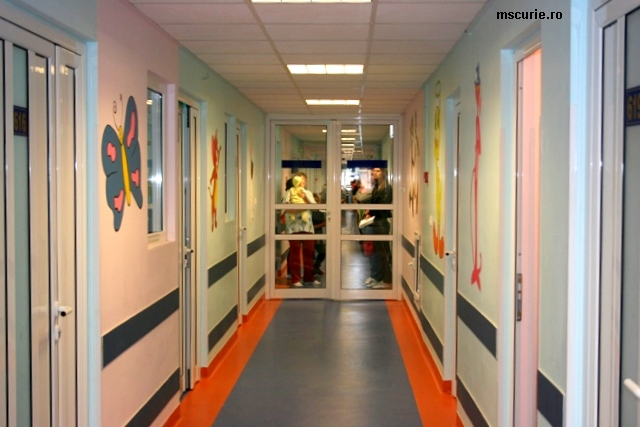New developments in the Romanian healthcare system
The Romanian health ministry has announced a series of measures to improve the activity of the healthcare sector.

România Internațional, 07.12.2016, 13:35
The Romanian
health ministry has recently announced a series of measures to improve the
activity of a sector that has been confronted with many problems for many
years. On Monday, it presented the main directions of the national human
resources strategy in healthcare for the period 2014-2020. These include an
adequate salary scheme, good working conditions and opportunities for
professional development. The authorities are proposing measures to discourage
the exodus of doctors in the next four years, given that Romania is faced with
a significant shortage of specialist staff.
The healthcare
ministry has also launched the first nationwide electronic registry for the
hearing screening of newborn babies. For the time being, the registry is only
operational as part of a pilot programme implemented in three maternity
hospitals in Bucharest, but will be implemented across the country starting
next year. Beginning in 2017, all children born in state-run hospitals will
have their hearing tested immediately after birth, said the healthcare minister
Vlad Voiculescu on Tuesday:
We have put
together a unique protocol for the hearing testing of newborns which will be
approved through a ministerial order. Each person undergoing a hearing test
will be automatically included into a national electronic registry so that we
can have a very clear record of persons with hearing problems. The outcome of
this is that one year after the registry becomes operational, we will finally
be able to know how many people with hearing problems we have in Romania.
There will be
335 hearing screening devices in Romania and procurement tenders will begin
early next year. Of the around 200,000 new babies born every year in Romania,
around 600 have hearing problems. The healthcare ministry also talked about its
intention to re-introduce university education in the field of audiology.
Minister Vlad
Voiculescu also announced that with support from his ministry, the National
Transport Agency would take steps in the coming period to ensure the
transparency of the organ allocation mechanism and compliance with the legal
provisions in place. He said the national transplant registry is working, but
not how it should be. At the end of last month, an inquiry by the healthcare
ministry’s control body uncovered grave irregularities and the application of
subjective criteria in the approval and prioritising of transplant surgery in
Romania. At the time, minister Voiculescu said Romania lacks clear procedures
for organ allocation and national waiting lists for each organ, and that
patients on these lists do not always benefit from equal chances, while where
they exist, the laws are not respected.
Also, the healthcare ministry and the National
Health Insurance House have begun consultations with the representatives of
doctors and patients on the functioning of the electronic health record that
became mandatory on November 18th. As of this date, doctors must
introduce patients’ data, including their medical history, into the information
system of the National Health Insurance House.






























